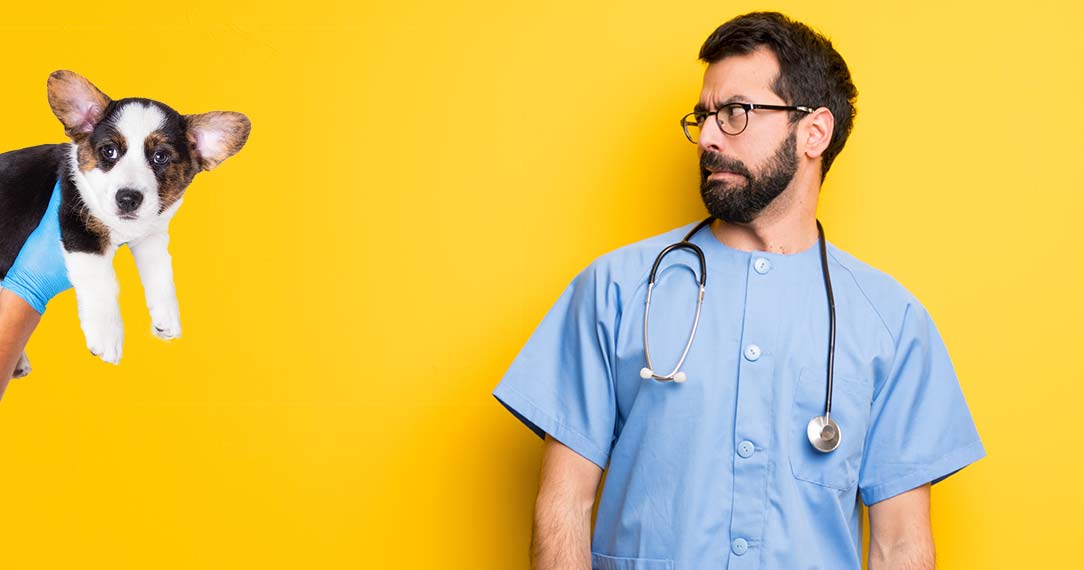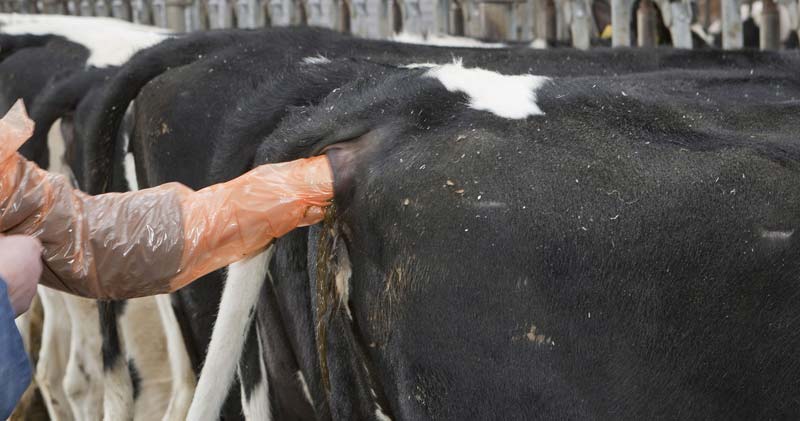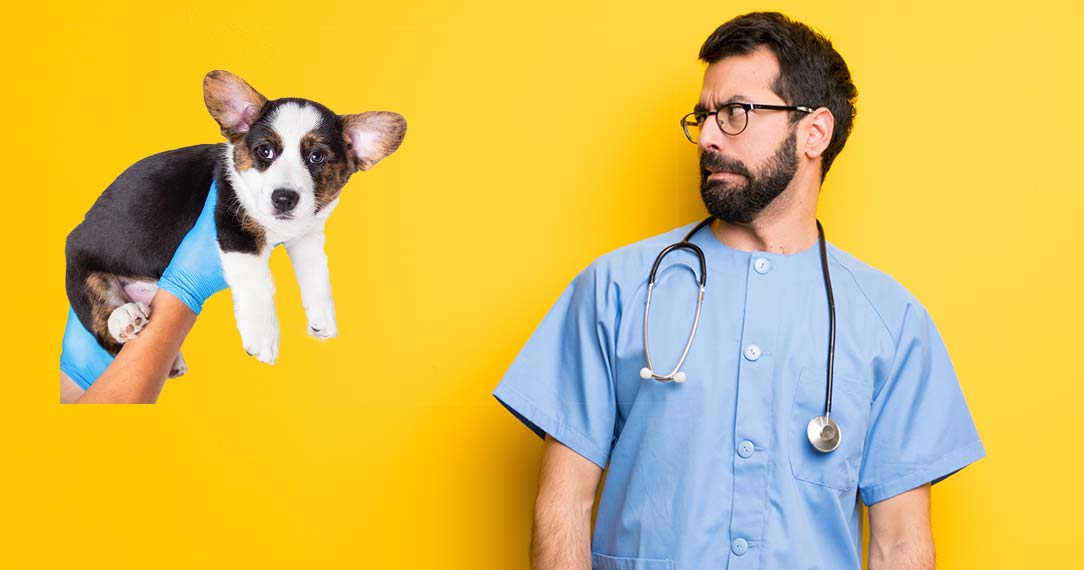
It’s strange that the second thing people always say when they hear you’re a vet (the first is generally to inform you how much money you’re earning) is “oh my goodness, do you have to stick your arm into a cow?!”, as if it is the most disgusting thing another human could possibly do.
That might be because most people are more familiar with cows’ bottoms than they are with anal glands.
Those two little sacs of foul-smelling fluid just south of dogs’ and cats’ exhaust ports might have served a useful evolutionary purpose to the distant ancestors of bichon frises and cockerpoos, but oh my goodness do they cause a lot of suffering to modern pets, owners and (let’s not forget) vets, don’t they?
Not much fun
The rock-hard poo of a scavenging wolf presumably does an excellent job of squeezing the juice out in the forest (although I’m not sure about this because, thankfully, I’ve never had to check the anal glands of a wild wolf), but the softer stool of your average pampered pet doesn’t seem to be up to the job.
This is where vets come in – and one of my least favourite of the routine consults (although, to be fair, at least it isn’t nail clipping (see my earlier blog for the gory details).
Let’s face it – even when it goes well, expressing a dog’s anal glands isn’t all that much fun. The slight satisfaction of feeling a full and presumably uncomfortable anal gland deflate between your thumb and forefinger is tempered by the stuff you’re actually getting out: either the creamy, thick, whitish discharge or the more watery black stuff – both of which smell like Satan’s armpit.

Luck of the draw
If you’re lucky or well-practised, you can smoothly catch it all in cotton wool, a paper towel or your rubber glove and bin it before the smell has made it to your nostrils, or your patient has turned around and attempted to eat it.
If you’re unlucky, the duct is inflamed or you have a bouncy patient, it is amazing how far a stream of pressured anal juice can get – in my time I’ve sprayed anal glands across the wall; my trousers, shirt, glasses and hair; and (less commonly) clients and the ceiling.
I’ve lost count of the number of ties I have had to sacrifice to the “God of anal glands” (to the point where I stopped wearing the bloody things altogether) and once, I even managed to squirt some into my mouth, although I couldn’t tell you how it tasted because I was at my sink washing my mouth out so quickly the client probably heard a sonic boom.
Cats are, thankfully, much less frequently afflicted, which is good because I’ve never met a cat that didn’t immediately take a rapid and violent dislike to me as soon as I attempted to express it.

Useless sacs with deadly potential
Anal sacs in our pets have outlived their usefulness – they’re useless vestigial sacs full of congealing faecal matter (I’ll leave you to make your own connections to our political situation). Even worse, in dogs they are a common site of one of the nastiest cancers we deal with in veterinary medicine; my heart always sinks when I see the distinctive bare nuclei appearance of the anal sac adenocarcinoma.
It hardly seems fair that, despite their location in a pointless part of the patient and their relatively innocent appearance under the microscope, they rapidly spread to abdominal lymph nodes, and muck about with the patient’s calcium metabolism to boot.
All things considered, the only positive thing I can think about anal glands is at least humans don’t have them. Can you imagine dealing with your own blocked gland? Would you do it yourself? Get your significant other to glove up and have a squeeze? Most likely, you’d head to your doctor, which would make being a GP even less fun than it appears to be at the moment.
Oh, also, if you’re not part of the veterinary profession, you might not want to be eating while you read this one. I probably should have put that bit at the beginning, really.
If you’ve just met a vet, and it strikes you as amazing that he or she occasionally has a whole arm inside a cow, just remember – it’s nice and warm in there, and he or she would probably rather be doing that than dealing with some impacted anal glands.

Leave a Reply